Science Talk
With our Science Talk blog, we hope to lift the lid on the black box that is the ICR: to show you inside our labs, to introduce you to a few of the people here who make the discoveries, and to allow them to tell some of the stories behind the science. We try to put our discoveries in a wider scientific context, and give an idea of how our science is actually done. We also give you the view from the ICR of important developments in the wider world of cancer research.
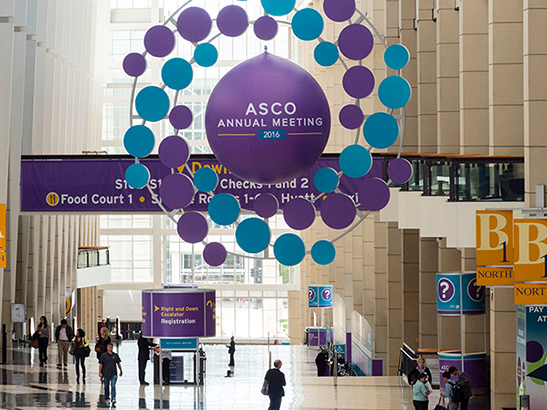
Personalised medicine is the talk of Chicago at the ASCO world cancer conference
Cancer can be tough to treat but personalising medicine using targeted therapies and screening programmes could benefit patients with cancer, and this was a major talking point at the American Society for Clinical Oncology (ASCO) Annual Meeting in Chicago.
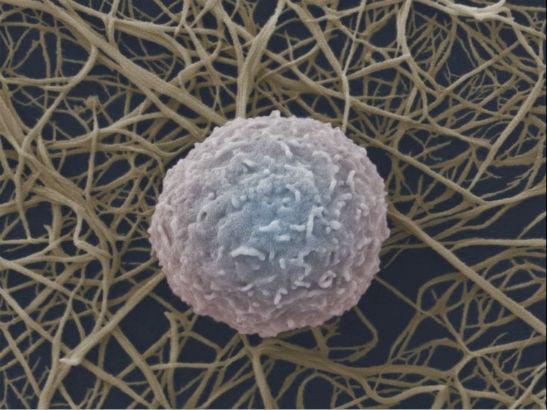
Immunotherapy hits the headlines again
As further developments in immunotherapy-related cancer research are reported in the national media, Dr Claire Bithell reflects on the dramatic recent progress in this field.

ICR’s cancer research to be presented at the ASCO Annual Meeting
Rob Dawson looks at the wide range of cancer research being undertaken at the ICR that will be presented to an annual meeting of oncology experts in the US, which begins on 3 June 2016.

The science of team science: how working together helps to improve cancer research
At the Science of Team Science conference in Phoenix, Arizona, US, two presentations from the ICR highlighted best practice in drawing on a diverse pool of academic minds to boost cancer research.

Our Drug Development Unit celebrates its 10th birthday in style
An open evening celebrated 10 years of the Drug Development Unit by bringing together patients, relatives, healthcare professionals and scientists.

Tissue repair and cancer: how not to inflame the neighbours
The human body has remarkable abilities to repair itself after illness and damage, but these same mechanisms could help cancer bounce back from treatments designed to kill cancer cells. Researchers at The Institute of Cancer Research, London, are studying what happens during tissue damage and repair to see if it can provide clues for treating cancer.
-and-paul-workman.jpg?sfvrsn=9a46cad7_2)
How our researchers gained top honour in UK science
Last week it was announced that two of our leading scientists have been elected as Fellows of the Royal Society. Henry French discusses their research – and the crucial role it is playing in the search for new cancer treatments.

Immune therapies cause big reaction at AACR 2016
As American Vice President Joe Biden called for greater research collaboration at the AACR cancer conference, we look at the major themes emerging from the meeting.

Eight ways you can support the ICR’s groundbreaking cancer research in 2016
As our 25 runners prepare to take part in the Virgin Money London Marathon 2016 to fundraise for The Institute of Cancer Research, London, we look at eight more ways you can get involved and support our cutting-edge research this year.
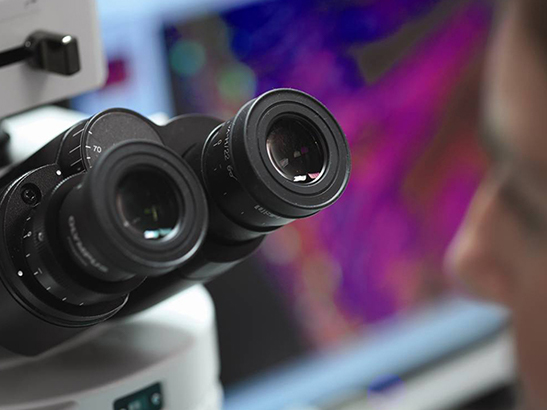
Fresh excitement about cancer immunotherapy: checkpoint inhibitors
New clinical data from immunotherapy trials involving researchers from the Institute of Cancer Research, London, and The Royal Marsden NHS Foundation Trust were presented at the AACR conference in New Orleans this week. Dr Claire Hastings looks at where this exciting research is headed.

What we’re looking forward to at AACR 2016
As some of The Institute of Cancer Research's leading scientists head to the American Association for Cancer Research (AACR) Annual Meeting 2016 in the US, we look forward to some of the exciting research they will be presenting.
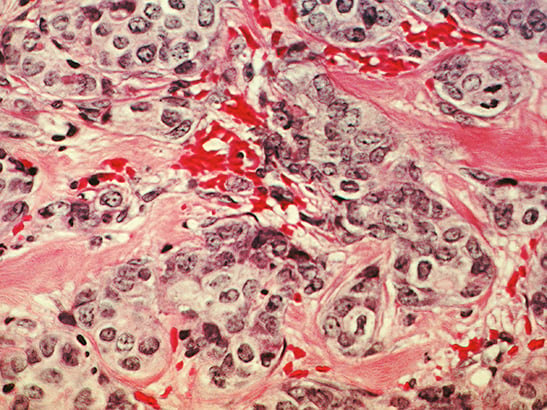
BRCAness – going beyond the BRCA genes
Much is known about the BRCA genes and how to target them, but what do we know about ‘BRCAness’? Liz Burtally finds out more.
.jpg?sfvrsn=bf30a90e_2)
Are antibody-drug conjugates the fabled magic bullets against cancer?
Drugs that deliver cancer-killing compounds directly to the tumour could emerge as a serious contender in the fight against cancer. Liz Burtally explains how.

Sneak preview: Inside the new facility that hopes to revolutionise radiotherapy
Dr Claire Bithell gives an update on the construction of the facility to house the new MR Linac machine, which is due to arrive in the next few months.

Testing genes today, and sequencing genomes tomorrow
A special event for Genome Sequencing Week explored the implications of whole-genome sequencing for cancer patients, and touched on today’s challenges in widening access to gene testing.
-content.jpg?sfvrsn=360af474_2)
What does the next decade hold for cancer research?
For British Science Week 2016, researchers at The Institute of Cancer Research, London, share thoughts on where their research may be headed over the next 10 years.

What next for the breast cancer research that hit the front pages?
News that researchers had shown a combination of two drugs could shrink breasts cancers within 11 days is exciting, but much more needs to happen before this treatment routinely reaches patients.

Signs of hope for ovarian cancer
A growing understanding of the genetics of ovarian cancer is helping scientists identify weak spots that could be targets for new drugs.
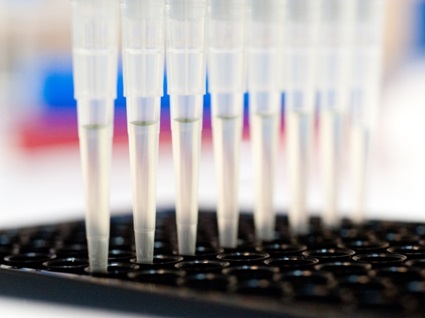
CAR T cell immunotherapy: on the road towards a cancer cure?
Cancer immunotherapy hit the headlines once again last week, but this latest therapy is still some years away from reaching patients, writes Dr Claire Hastings.

Why phase I trials should be opened up to older cancer patients
There is concern that older patients are missing out on the chance to join innovative clinical trials. Steve Robinson finds new research could at last signal a shift in thinking.